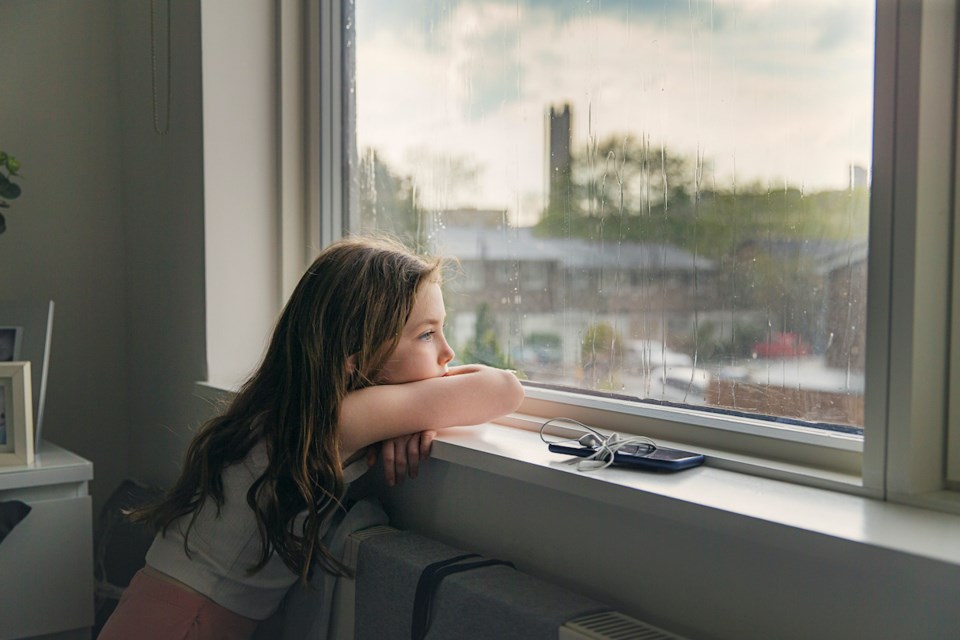Our health-care and justice systems have been facing unprecedented times within the pandemic; now, we are embarking on intersectoral allyship through our organizations to come together like never before.
May 7 is National Child and Youth Mental Health Day. As we mark this important day it provides an opportunity to reflect on the toxic stresses that can lead to Adverse Childhood Effects (ACEs) in children and youth, which have long-term consequences for the health and well-being of young people.
The pandemic has had devastating consequences in many aspects of daily life, including the well-being of B.C. families. One of consequence has been a rise in parental separations and divorce with some research estimating that divorces are up as much as 30 per cent globally.
Parental separation has been identified as one of 10 ACEs, making this a significant public health issue. Others include emotional, physical, and sexual abuse, neglect, mental illness, or incarceration of a family member.
Research shows these traumatic events create toxic levels of stress, affecting the immediate, long-term, and intergenerational mental and physical health of children and youth. In the most severe cases of toxic stress, evidence shows life expectancy can be decreased by 20 years or more.
The impact of ACEs can be mitigated and resilience can be enhanced by providers in health-care and justice being trauma sensitive to the trauma children have undergone.
This is why the Doctors of B.C. and the Law Society of B.C. are inviting members to become involved in addressing this important issue.
We’re hosting a series of dialogue sessions in the coming months, all open to lawyers and doctors to start discussing and identifying possible solutions to help families.
The goal is to increase empathy and understanding for families experiencing high-conflict separation and divorce, increasing the self-awareness of impacts on physicians and lawyers, and building trust between the two professions.
We will collaborate to explore ways to partner and promote the well-being of patients and clients going through high-conflict parental separation.
Lawyers’ clients become doctors’ patients and vice versa, and both professions can support children and families who are going through high-conflict separation and divorce.
Both professions would benefit by exploring the opportunities to reduce the impacts of the toxic stress experienced by children and families and provide them with support.
Doctors and lawyers have a vital role to play by being aware of ACEs and incorporating trauma-informed methods into their practice.
This National Child and Youth Mental Health Day, we’re encouraging doctors and lawyers to break down the silos of our professions and join us in coming together to start a dialogue on potential solutions to this important public health issue.
Dr. Ramneek Dosanjh is the president of Doctors of B.C. and a physician. Lisa Hamilton, QC, is the president of the Law Society of B.C. and a family lawyer.



